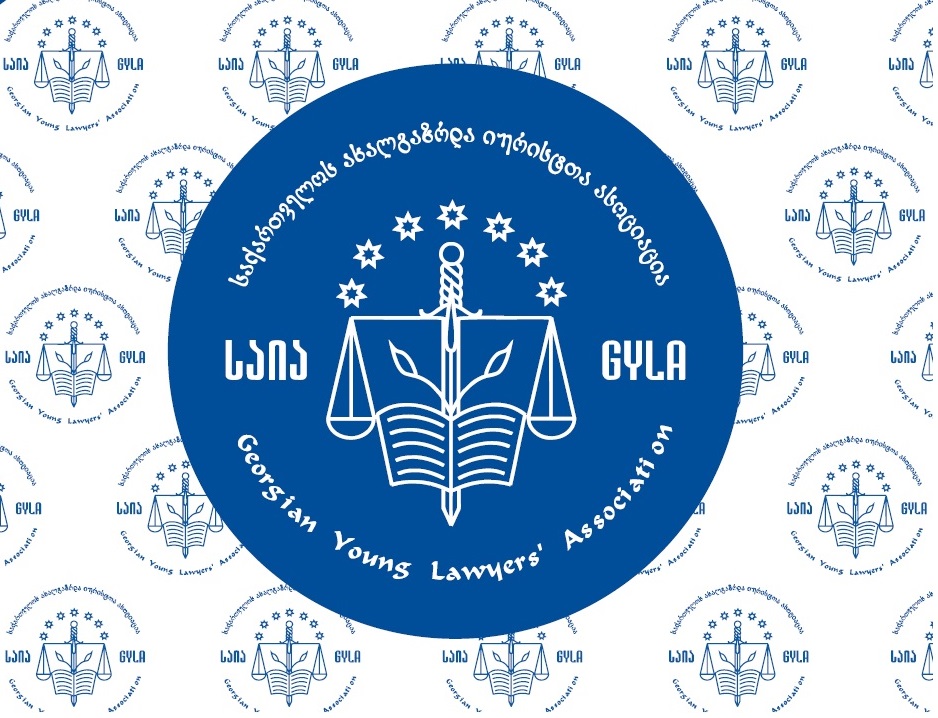
GYLA Applies to the Parliament of Georgia regarding Pending Amendments to the Law of Georgia on Higher Education
Georgian Young Lawyers’ Association reacts to the draft law initiated by the Government of Georgia for amending the law of Georgia on Higher Education. First and foremost, we would like to highlight procedural problems related to submission of the draft law to the parliament and its consideration. We believe that amendments of similar important should not have been initiated without consulting with stakeholders, including academic personnel of higher education institutions; further, the decision of expedited review of the draft law made by the parliament of Georgia is utterly unacceptable. As of now, no substantiation whatsoever has been cited to illustrate the necessity of making the decision in expedited manner. Under the circumstances, expedited review and adoption of the proposed draft will prove damaging to public interests as it will exclude any public involvement and participation in the process of designing the law.
The new parliament has already adopted several laws without public involvement or participation. Reviewing the proposed draft in expedited manner would mean that the practice will be carried on. In late 2012, it took the parliament only 4 days review the draft of amendments to the law of Georgia on Higher Education with three readings, which obviously is a very short period to ensure any involvement of stakeholders.
At this time, we would like to draw the attention of public and members of the parliament to several important aspects of the draft law:
• The proposed amendments stipulate that in an event of premature termination of rector’s authority, acting rector will be appointed by the Prime Minister. The stipulation applies to all higher education institutions. Currently the law stipulates that acting rector is appointed by a collegial body of a university concerned (academic board). In this respect, we believe that the proposed draft greatly deteriorates current regulations by allowing direct interference of the state in the autonomy of an education institution.
•
The proposed draft stipulates that only a candidate holding a PH.D or equal academic degree is authorized to hold the position of a record. Currently the law does not stipulate any such prohibition. However, the
initial version of the law of Georgia on Higher Education, effective as of late 2004, used to stipulate that “only a professor of the education institute concerned or any other higher education institute may be elected to the office of a rector.” The stipulation was removed following
July 16, 2010 amendments to the law. The
explanatory note indicate that the amendment had been triggered by “inexpediency of the restriction imposed by the law”; subsequently, the possibility of “electing/appointing any individual to the office of rector or acting rector” was introduced, which is inappropriate in view of the special characteristics of a higher education institute. Therefore, the requirement stipulated by the draft law is justified. However, the way it will be applied in an event of premature termination of the authority of current rectors needs to be further discussed.
In view of the fact that the explanatory note attached to the proposed draft highlights the importance of autonomy of universities a number of times, we would like to remind to the government and the parliament of Georgia about existence of the board of regents, which basically serves as a leverage of influencing the autonomy and was criticized on a number of occasions during past years. The draft recently introduced in the parliament,
envisaging abolishment of the board of regents, was voted down by the majority, even though the pre-election program of the ruling party featured its abolishment as one of the key issues in reforming the field of education. Opinion of the Government of Georgia on the draft submitted to the parliament in March reads a complete opposite: “the [board] is an effective, legally sound tool for an effective management and coordination of a higher education institute.”
We call on the parliament of Georgia to refrain from reviewing the foregoing draft in expedited manner, allow participation of all stakeholders and listen to their opinions. Further, we call on the Government and the parliament of Georgia to take immediate steps for reinforcing autonomy of universities, and to start elaborating corresponding draft amendments with the involvement of all stakeholders.
ჯ. კახიძის #15, თბილისი, საქართველო, 0102 ; ტელ: (995 32) 95 23 53; ფაქსი: (995 32) 92 32 11; ელ-ფოსტა: gyla@gyla.ge; www.gyla.ge
15, J. Kakhidze str. 0102, Tbilisi, Georgia. Tel: (995 32) 95 23 53; Fax: (995 32) 92 32 11; E-mail: gyla@gyla.ge; www.gyla.ge


